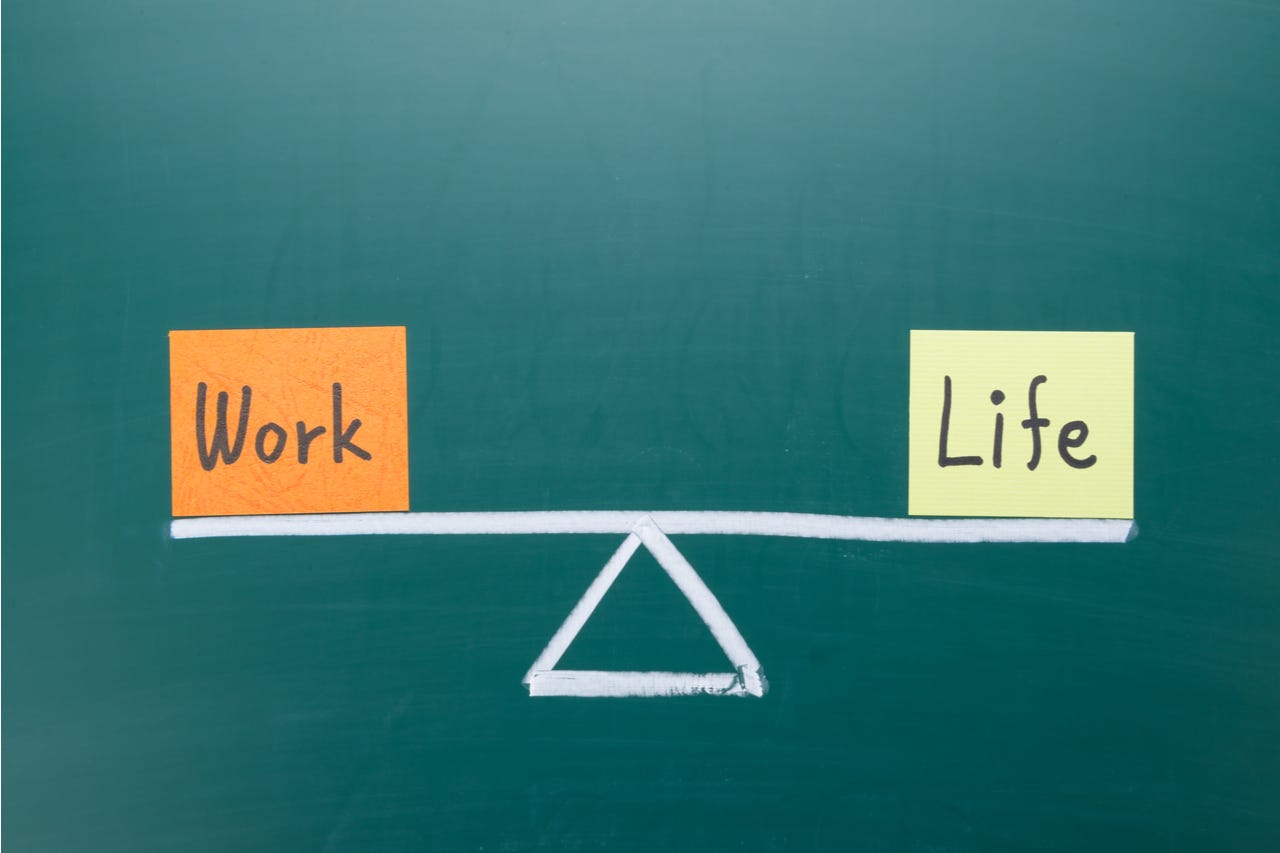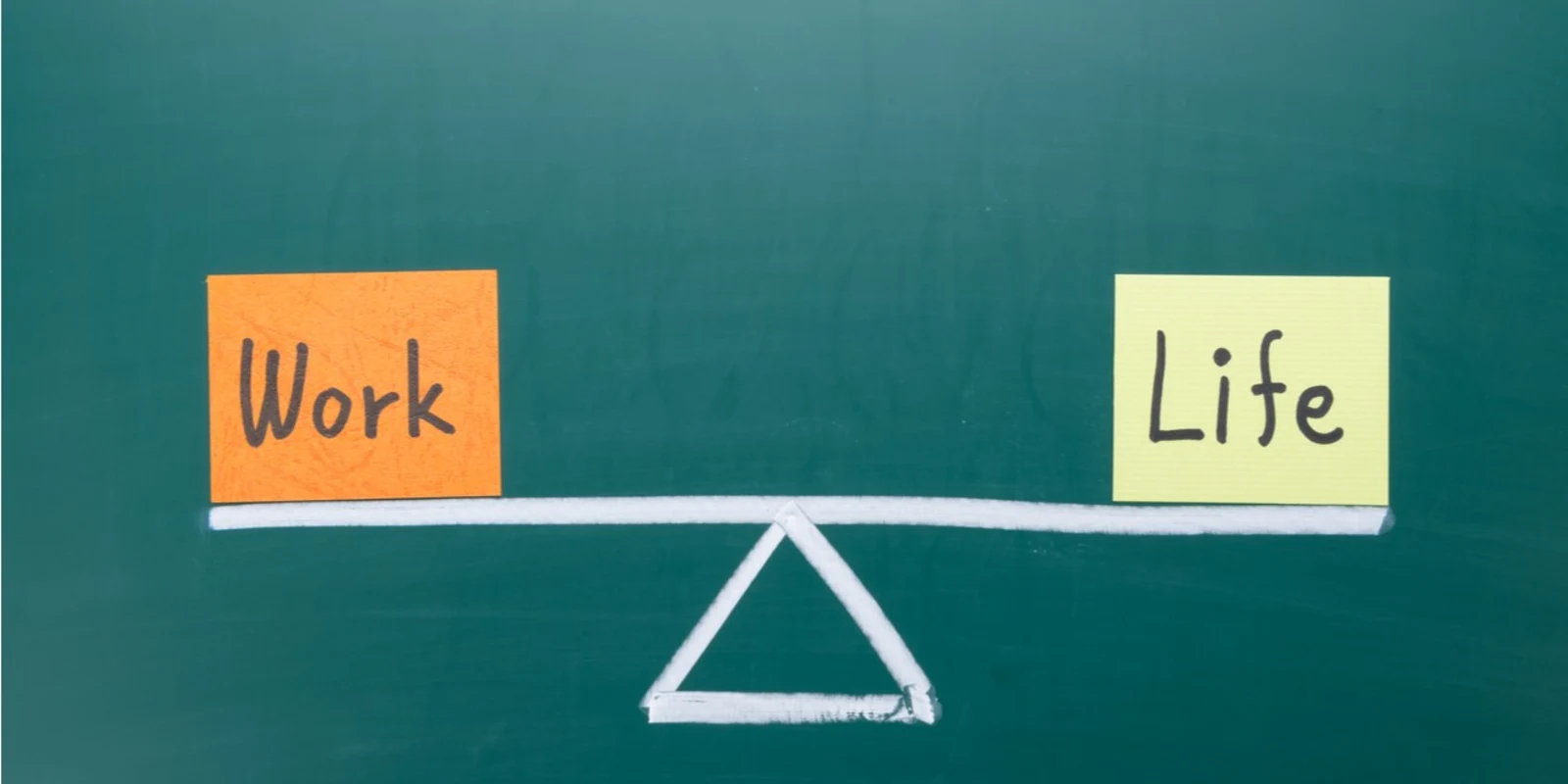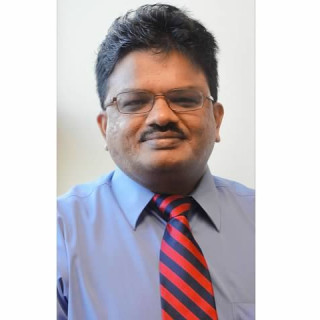
Ok, now I got your attention! Please read on. Do we really need “balance” between work and life? This much cliched gobbledygook, work-life balance, artificially and deliberately compartmentalizes work and life. Here “life” often implies “fun” outside work which makes us fall in to the trap of thinking there could be neither “fun” nor “life” at work. Besides, it suggests work must all be drudgery. Denis Waitley, popular self-help author, castigated this notion by hilariously asking people to shun the habit of “treating work as an interruption between weekends.”
On the flip side, sure there are many things which could dampen our spirits in clinical work. Not everything is fun: electronic health record, prior authorization, paper work hassle…for starters. But, still finding meaning in work or at least in some part of the work may be more consequential for our wellbeing than the compartmentalized and simplistic approach of “work-life balance.” Finding meaning at work requires us to be mindful in clinical practice. Being “mindful” requires us to have self-awareness, spiritual outlook on life and, sure, some philosophizing!
Dr. Ronald Epstein, a professor of family medicine at University of Rochester, has researched and published extensively on “Mindful Practice”. In his frequently cited article published in the Journal of American Medical Association (Mindful practice. Epstein RM. JAMA. 1999 Sep 1;282(9):833–9), he lists several defining characteristics of mindful practice, which include self-awareness, presence, compassion based on insight and critical curiosity. I just finished reading his book “Attending: Medicine, Mindfulness, and Humanity,” which is a phenomenal treasure trove of wisdom for clinicians — and probably for healthcare administrators as well, since there is even a chapter on mindful healthcare systems! Combining his expertise in mindfulness meditation and clinical practice as a family physician, he has woven a rich tapestry of practical wisdom which oozes through page after page. Starting with a chapter addressing mindfulness in clinical work and how lack of it leads to errors in diagnosis and management, including missteps in surgery, the book meanders through chapters addressing why curiosity is a critical requirement to become master clinicians, why it is important to have the mindset of a beginner than an “expert”, being “present” in our interactions with our patients, current state of compassion, how to heal the healers, how the clinicians can develop resilience, and then ends with a chapter titled “Imagining Mindful Healthcare Systems”.
Dr. Epstein in his own words “bristles when people say that the key to well-being is achieving ‘work-life balance.’” He cites a research study which showed that if physicians spend even 20% of their work time in activities they find most meaningful, they relish their work overall and are much less likely to be burned out and remain better prepared to handle the difficult moments in the remaining 80% of work. Being mindful, finding meaning at work, and finding “balance” inside work may be more important than ever. Being mindful in life in general makes us better human beings, and being mindful at work could help us become better, if not master, clinicians and mindful practitioners of the healing art.
“Before enlightenment, chop wood, carry water.
After enlightenment, chop wood, carry water.”
- a Zen Quote






